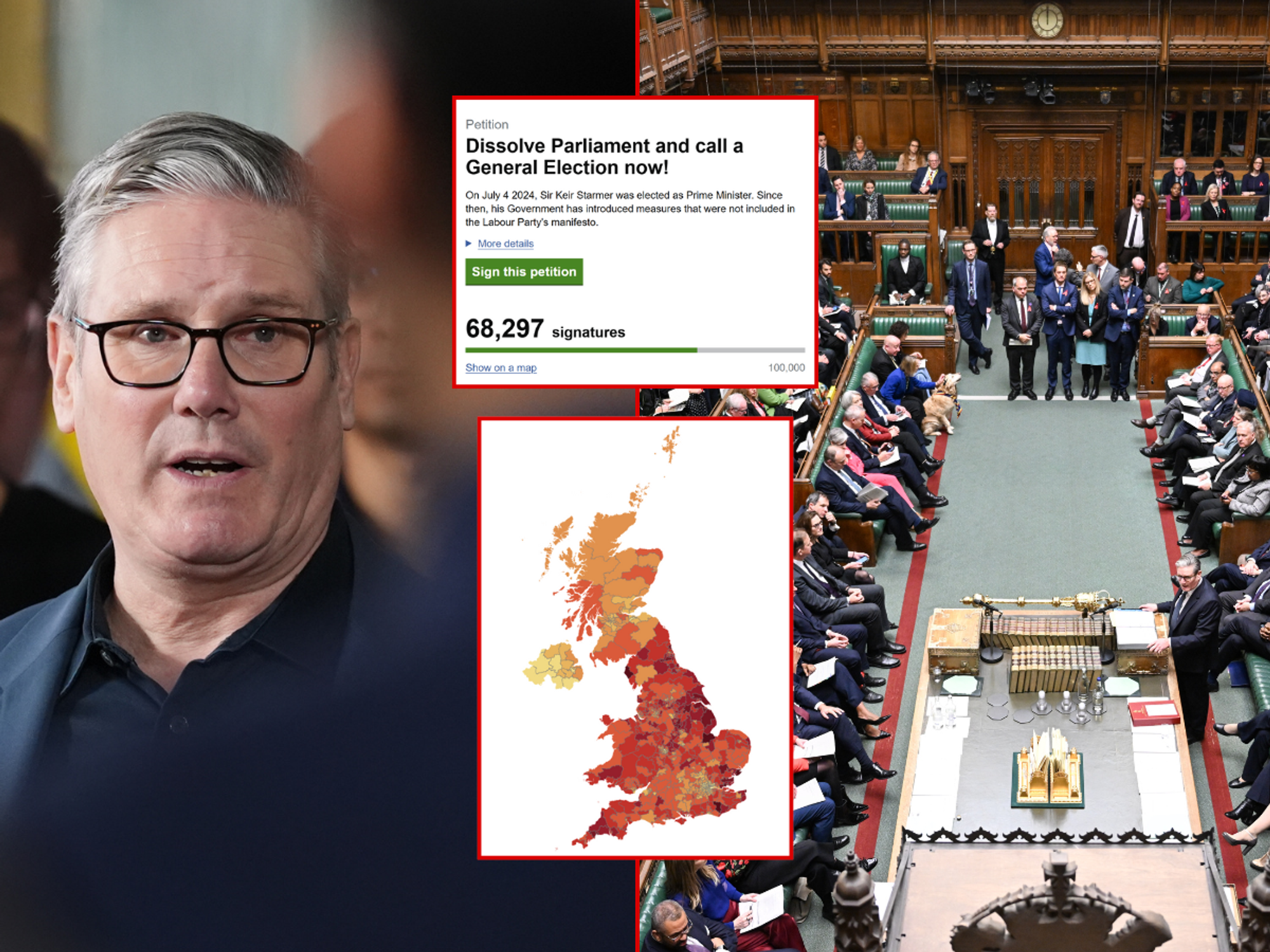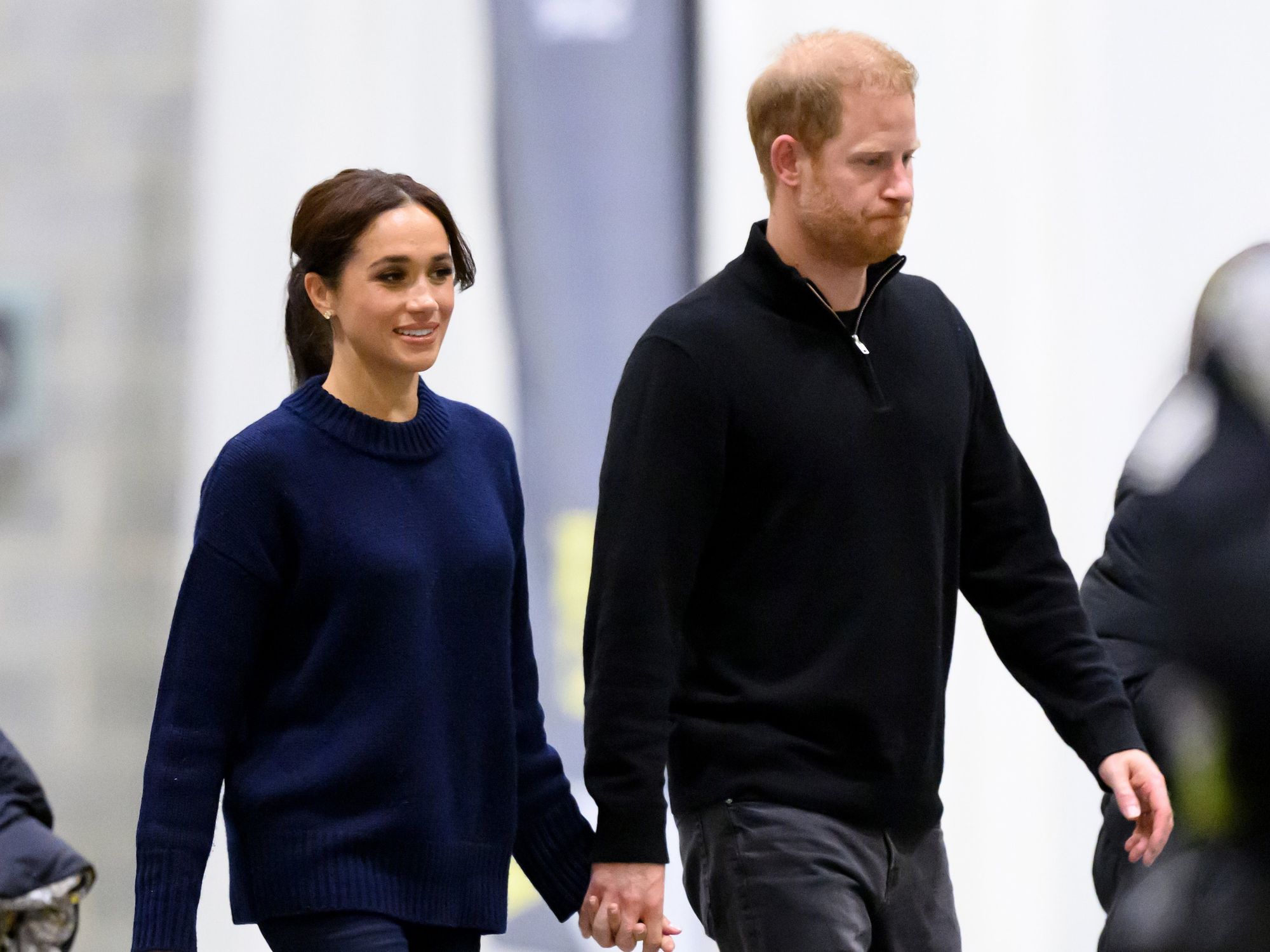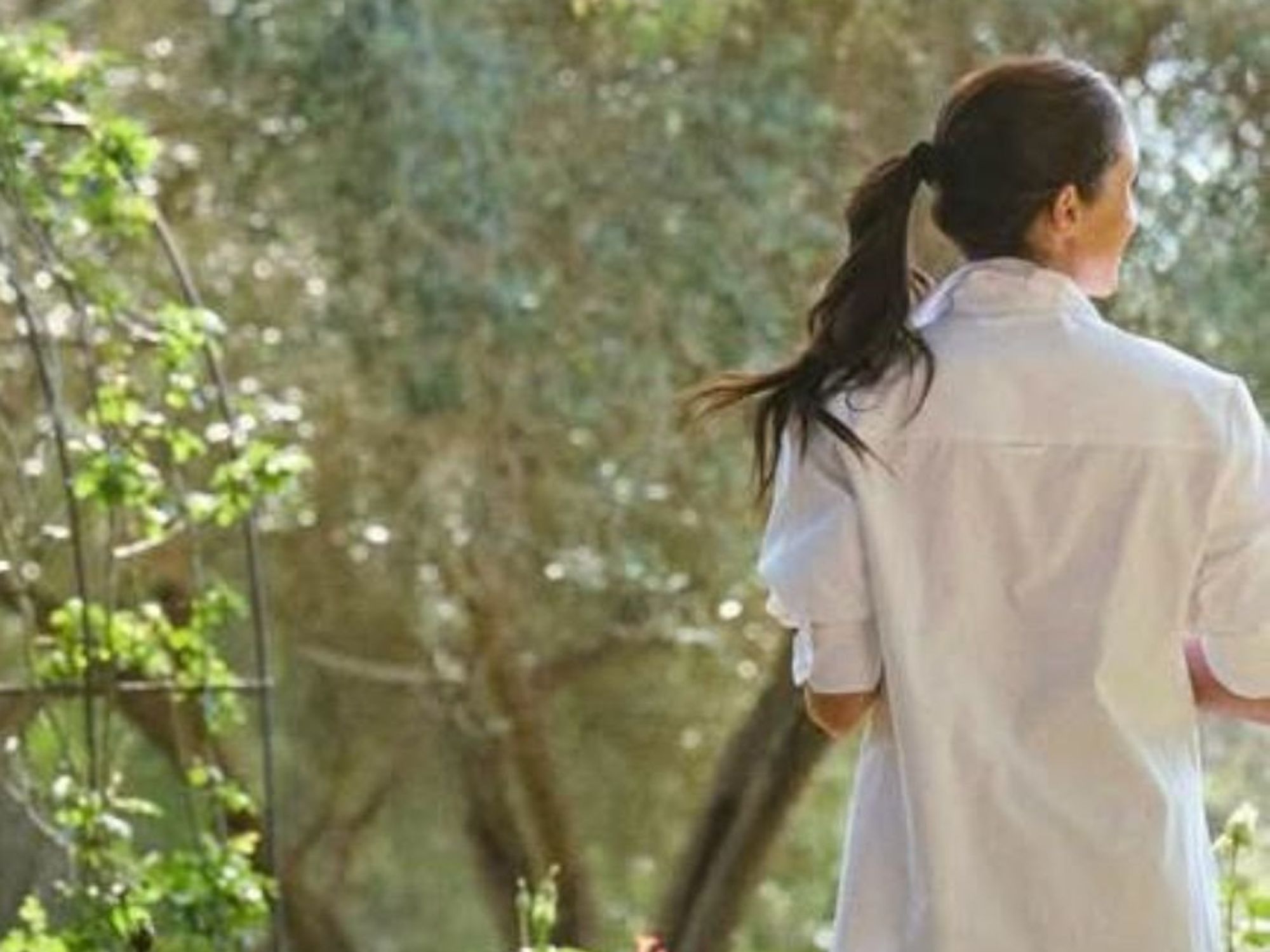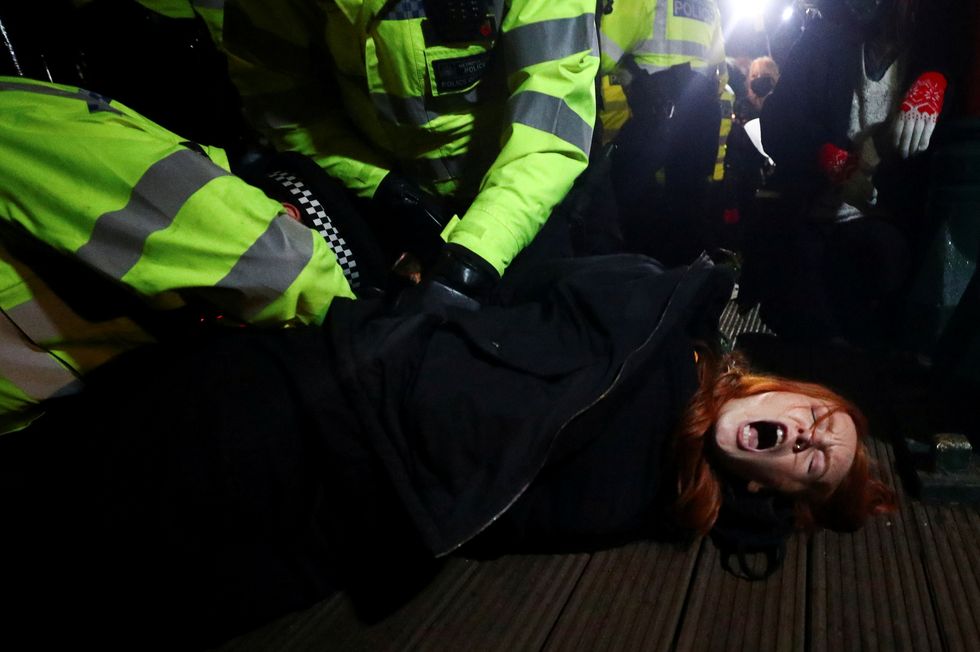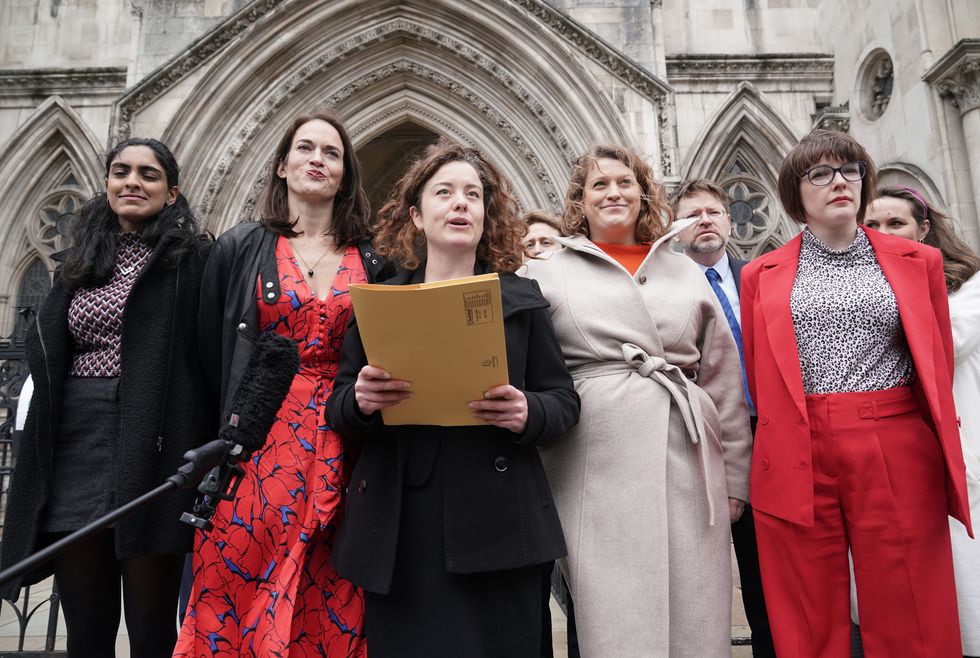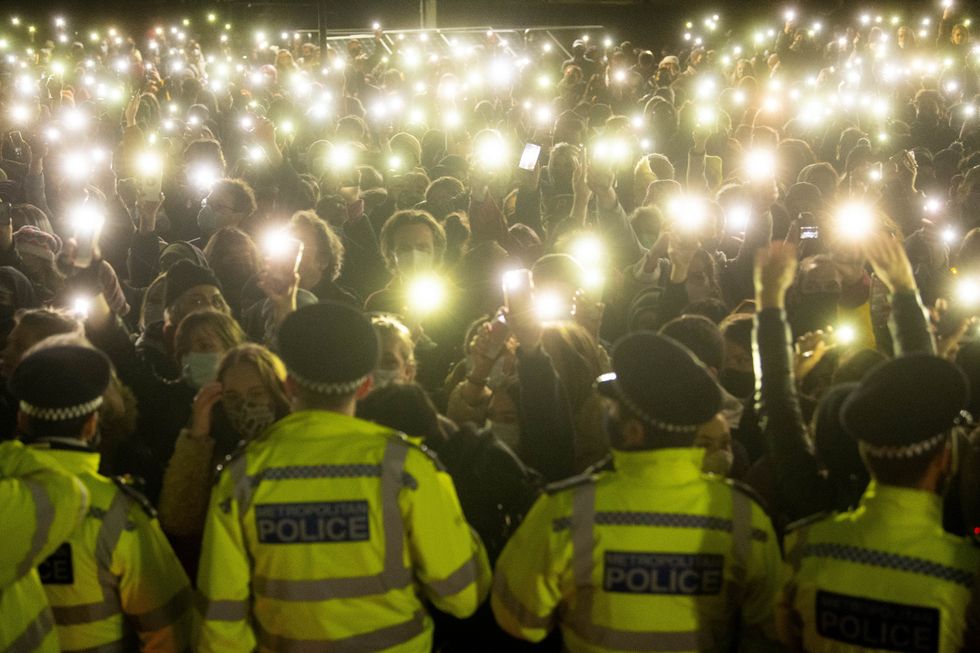Met Police breached rights of Sarah Everard vigil organisers, High Court rules

Sarah Everard | Family Handout/CPS
Sarah Everard, 33, was brutally murdered last year
Don't Miss
Most Read
Latest
The Metropolitan Police breached the rights of organisers of a vigil for Sarah Everard with its handling of the planned event, High Court judges have ruled.
Reclaim These Streets (RTS) proposed a socially-distanced vigil for the 33-year-old after she was murdered by former Met officer Wayne Couzens near to where she went missing in Clapham, south London, in March last year.
The four women who founded RTS and planned the vigil brought a legal challenge against the force over its handling of the event, which was also intended to be a protest about violence against women.
They withdrew from organising the vigil after being told by the force they would face fines of £10,000 each and possible prosecution if the event went ahead, and a spontaneous vigil and protest took place instead.
The vigil on Clapham Common was attended by hundreds who wanted to pay their respects to Sarah.
But it turned violent after police removed women from the peaceful protest and trampled on flowers left for Sarah.
Patsy Stevenson was arrested at the vigil for Sarah Everard
Hannah Mckay
At a two-day hearing in January, Jessica Leigh, Anna Birley, Henna Shah and Jamie Klingler argued that decisions made by the force in advance of the planned vigil amounted to a breach of their human rights to freedom of speech and assembly, and say the force did not assess the potential risk to public health.
The High Court was told that senior officers in the force considered that “perceived reputational risk”, rather than public health, was the biggest “threat” when the force decided to “effectively veto” the vigil.
The Met defended the claim and argued there was no exception for protest in the coronavirus rules at the time and it had “no obligation” to assess the public health risk.
Lord Justice Warby and Mr Justice Holgate gave their ruling on the case this morning.
Solicitor Theodora Middleton (centre) of Bindmans LLP, reads a statement on behalf of Reclaim These Streets founders
Yui Mok
In a summary of the ruling, Lord Warby said: “The relevant decisions of the (Met) were to make statements at meetings, in letters, and in a press statement, to the effect that the Covid-19 regulations in force at the time meant that holding the vigil would be unlawful.
“Those statements interfered with the claimants’ rights because each had a ‘chilling effect’ and made at least some causal contribution to the decision to cancel the vigil.
“None of the (force’s) decisions was in accordance with the law; the evidence showed that the (force) failed to perform its legal duty to consider whether the claimants might have a reasonable excuse for holding the gathering, or to conduct the fact-specific proportionality assessment required in order to perform that duty.”
People in the crowd turning on their phone torches at the vigil for Sarah Everard
Victoria Jones
Sarah, who was working as a marketing executive, was kidnapped by former police officer Wayne Couzens in South London when she was walking home from a friend's house.
Couzens claimed he was arresting her on the grounds she had breached Covid-19 regulations, but proceeded to drive her to a park where he raped and strangled her.
He then burnt her body and disposed of her remains in a pond close by.
Couzens initially denied the rape and murder charges, but later pleaded guilty of her murder and received a rare whole-life prison sentence in September 2021.
The murder provoked widespread debate about women's safety in Britain and the role police play in society.
Following today's judgment, Assistant Commissioner Louisa Rolfe issued the following statement on behalf of the Metropolitan Police: “I remain deeply saddened by the murder of Sarah Everard and utterly disgusted that it was a serving Met officer who took her life.
"That sadness is shared by colleagues across the Met.
“We know the impact this terrible crime has had on our communities and recognise that the vigil on Clapham Common on 13 March 2021, organised to remember Sarah, was intended to give people the opportunity to express themselves.
"We know how strongly people felt in wanting to come together and have their voices heard.
“Throughout the pandemic, officers worked hard to respond with a proportionate policing operation to each planned gathering, applying the differing Coronavirus Health Protection Regulations in place at the time.
“A Judicial Review claim, brought against the Met by individuals representing Reclaim These Streets, was heard in January. The claim related to discussions between the claimants and officers in the days prior to the proposed vigil about the impact of the restrictions imposed by the Health Protection Regulations. We were unable to give an advance assurance to the claimants that their involvement in organising the vigil would not put them at risk of enforcement action during, or subsequent to, that event.
“On Friday, 11 March the High Court found that we did not act lawfully and that our application of the regulations was not correct.
“The Met worked very hard in challenging circumstances to interpret and apply the regulations lawfully and proportionately, despite numerous changes during the pandemic. The policing operation around the vigil was scrutinised through an independent review by Her Majesty’s Inspectorate of Constabulary and Fire & Rescue Services (HMICFRS).
"We are considering the judgment very carefully before deciding whether to appeal the court’s decision. The Met is mindful that this judgment has potential implications in other circumstances for how a proportionality assessment is to be carried out when considering enforcement action. This may apply beyond policing the pandemic. Even in the context of the regulations that kept us safe during the pandemic, this may have important consequences.
"The Met unreservedly endorses the principle that fundamental freedoms, such as those exercised by the claimants in this case, may only be restricted where it is necessary and proportionate for a lawful purpose.
"Consideration of an appeal is in no way indicative that the Met do not consider such protections to be of the utmost importance. It is, however, incumbent on the Met to ensure that this judgment does not unduly inhibit its ability, and that of police forces across the country, to effectively balance competing rights in a way that is operationally deliverable.”







